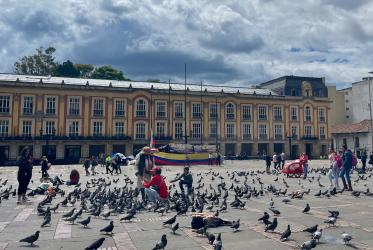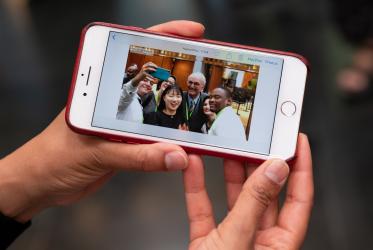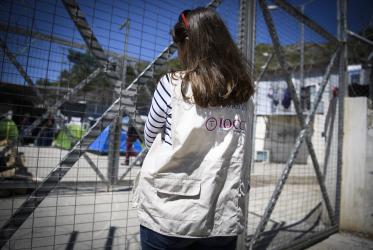Displaying 1 - 20 of 34
WCC honoured with Geneva Engage Award
01 February 2022
WCC honoured with Geneva Engage Award
18 February 2021
Shabbat dinner ‘helps humanize two sides of the story’
27 March 2019
WCC Executive Committee envisions future for one ecumenical movement
08 November 2018
Walking together against hatred and violence
26 February 2018
WCC delegation visits China
04 January 2018
Rebuilding a smashed church in Albania
23 December 2015












